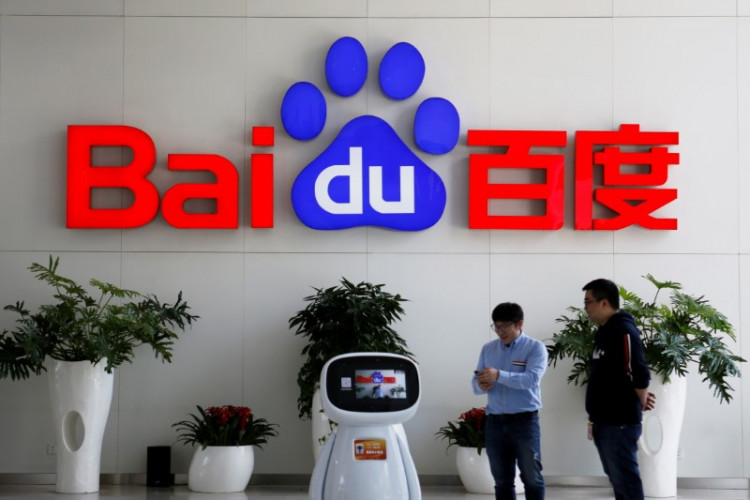For the first time, Baidu Inc.'s ride-hailing services will operate vehicles without anyone behind the wheel on Chinese roads.
This breakthrough marks a symbolic win in the company's years-long ambition to expand beyond internet advertising.
Baidu, the Chinese search engine company that is significantly investing in artificial intelligence and automated driving, is one of just two businesses to be granted the country's first permission to pilot a fleet of self-driving robo-taxis without a human driver.
For the time being, the approval only applies to a portion of Beijing, but it does signal an easing of Chinese regulations.
Previously, laws required a human to be ready to take the wheel in an emergency, but Baidu and AI driving company Pony.ai Inc. may now send autonomous cars with only safety workers in the passenger seat.
It's a huge step toward self-driving cars, which Baidu Vice President Wei Dong estimated might arrive as early as next year.
"This is a significant improvement," Wei, who handles safety for Baidu's self-driving car group, said in an interview. "Now you're entrusting everything to the robots," he said.
During a press conference in Beijing, officials said that Pony.ai, financed by Toyota Motor Corp., had received the same permit.
The two companies have not received authorization to charge for those rides, so passengers will ride for free.
After its primary advertising revenue declined in the smartphone era, Baidu is turning to AI and self-driving cars.
Its autonomous driving division offers software to automakers such as Geely Automobile Holdings Ltd. and operates a ride-hailing program in nine cities, including Guangzhou and Beijing, using a fleet of robo-taxis.
Its electric car spinoff has collected $400 million in outside funding and intends to begin commercial production in 2023.
The recent permission, for Baidu's Apollo Go services, was given by authorities in the so-called Beijing High-level Automated Driving Demonstration Area, which is nearly the size of Manhattan on the suburbs of Beijing.
Baidu and Pony.ai both received permission to operate commercial self-driving services in the same area in November.
Apollo Go will be available in 65 Chinese cities by 2025, and 100 by 2030, according to Baidu.
According to Wei, the ride-hailing company presently has about 300 cars countrywide, with each vehicle generating about 18 orders each day in big cities like Shanghai.
He added, without elaborating, that the robo-taxi business may become economical in some places in three years.





